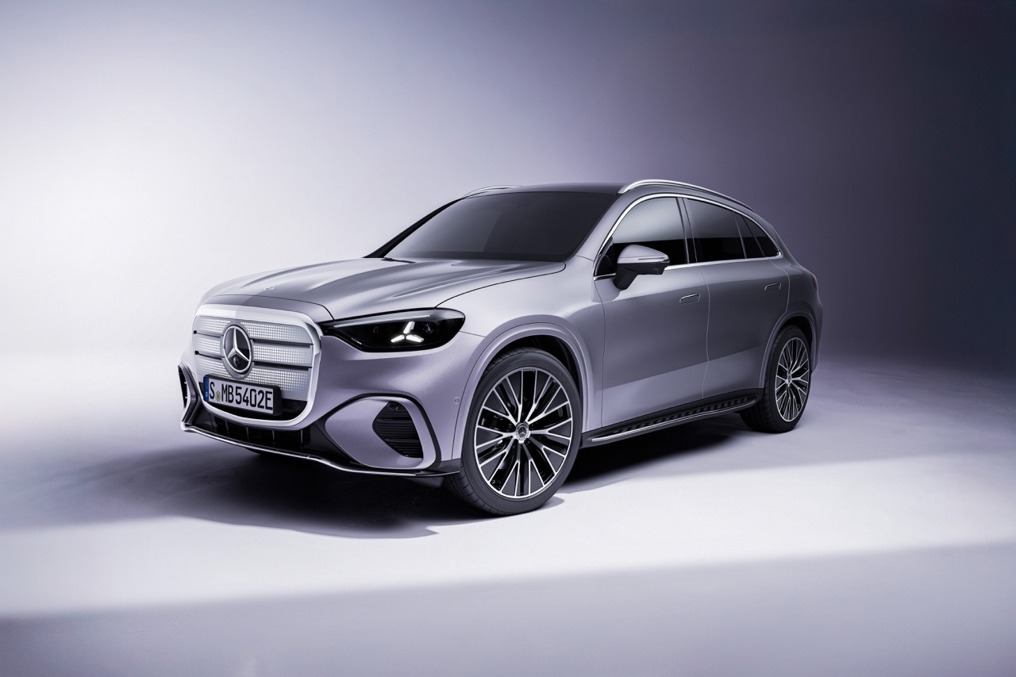- Mercedes-Benz will launch more than 40 new vehicles within three years under its Next Level Production strategy.
- The Bremen plant will start building the all-electric GLC in early 2026, followed by the EQ-based C-Class.
- Production costs are expected to fall 10% by 2027 through automation, AI and renewable energy use.
Mercedes-Benz is preparing what it calls the “largest product offensive in its history,” with more than 40 new vehicles planned over the next three years, all while radically reshaping how they’re built.
Under its “Next Level Production” banner, the company is pumping more than €2 billion (nearly $4 million) into European plants to make its global manufacturing network smarter, greener and more flexible.
Plants flex their muscles

The first phase kicks off at the Bremen and Kecskemet factories with the recently unveiled all-electric GLC and the upcoming C-Class. Production of the GLC, the first “Core” model to ride on Mercedes’ new MB.EA electric architecture, is set for the first quarter of 2026, with the C-Class to follow in the second quarter.

Both models will roll off the same lines as their combustion- and hybrid-powered siblings, allowing Mercedes to adjust output to market demand. Long-wheelbase versions for China will later start production in Beijing.
Digital twins have been key to the factory upgrades, letting Mercedes simulate new assembly processes without long stoppages. Its MO360 ecosystem also brings artificial intelligence to the factory floor, trimming logistics and production time while keeping quality up.
Leaner, smarter, greener

The company expects production costs to drop 10% between 2024 and 2027 through automation, AI and renewable energy. Low-cost country sourcing will rise from 15 to 30% by 2027. Humanoid robots developed with US start-up Apptronik are tipped to take over some intralogistics tasks in the coming years.
Sustainability is a major plank of Next Level Production. Mercedes says its own vehicle plants have been net carbon-neutral since 2022, with more than 70% of their energy needs to come from renewables by 2030 and full renewable coverage planned by 2039. On- and offshore wind projects in Germany have already secured approvals.
Setting the pace for the EQ era

Joerg Burzer, Mercedes-Benz board member for production, quality and supply chain management, says the revamped plants “have successfully set the course for the future production portfolio in the Core and Top-End segments.”
With MB.EA following the electric-only MMA platform that underpins the new CLA, Mercedes is moving deeper into software-defined vehicles - and building factories nimble enough to keep up.
The idea is to create a production network ready to switch between petrol, hybrid and battery power without missing a beat, which is exactly what Mercedes needs as it steers into its most ambitious model rollout yet.

















